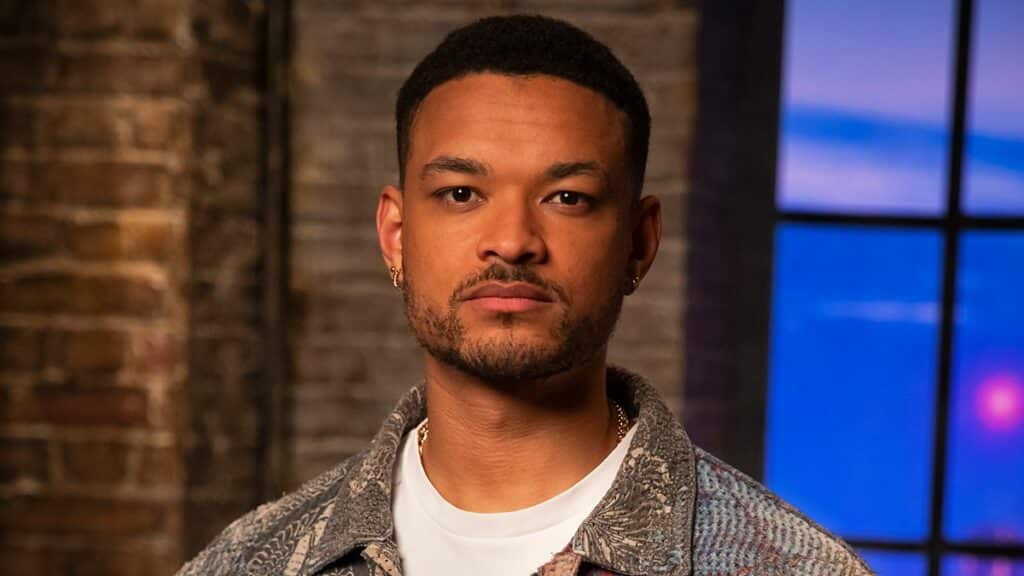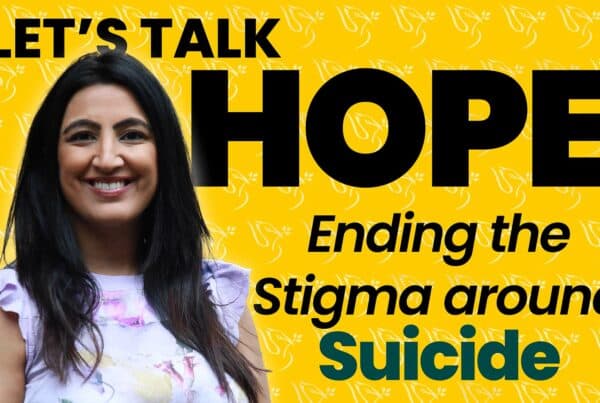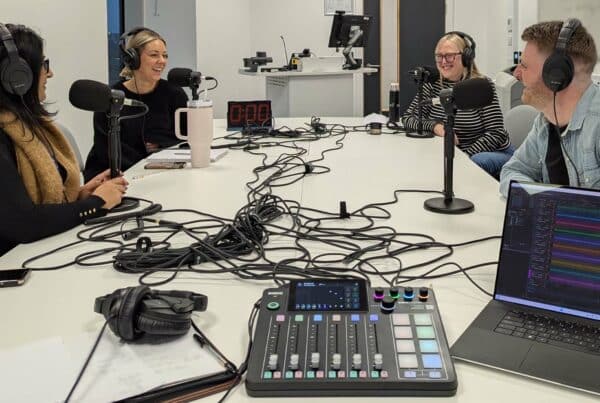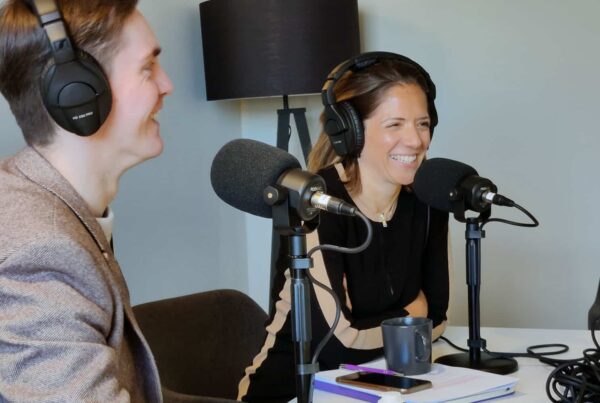
Podcasting Ethics: Navigating Responsibilities Amid Controversy
The world of podcasting has experienced exponential growth, becoming a preferred medium for millions seeking entertainment, education, and diverse viewpoints. The format’s informal, conversational nature allows creators to delve into niche topics, offering a platform for voices often overlooked by traditional media. However, this very freedom presents ethical challenges, particularly when controversial or scientifically unsupported claims are made. A recent investigation into Steven Bartlett’s The Diary of a CEO podcast underscores these concerns, sparking debate about the responsibilities of podcast hosts, production companies, and listeners.
The Controversy: Harmful Health Misinformation
A BBC investigation into The Diary of a CEO, one of the UK’s top-ranked podcasts, revealed troubling findings. Guests on the show have made claims such as using the ketogenic diet to treat cancer, reversing disorders like autism through diet, and dismissing proven treatments as “toxic.” These assertions, often left unchallenged, were identified as harmful by medical experts.
Analysis of 15 health-related episodes found an average of 14 claims per episode that contradicted extensive scientific evidence. Experts have warned that failing to question such misinformation can erode trust in conventional medicine and lead to negative health outcomes. For instance, Cancer Research UK statistics show significant progress in survival rates due to modern treatments—advances undermined by claims that paint such methods as medieval.
The Responsibilities of Podcast Hosts
Should podcast hosts be expected to challenge the claims of their guests, on topics about which they may possess little or no expertise, particularly when discussing specialised fields like medicine? This question is at the heart of the debate. Steven Bartlett, who has no formal health background, defended his approach by framing his podcast as a platform for open-minded discussion. In his view, presenting “some of the other side” fosters dialogue and acknowledges the possibility of challenging mainstream narratives.
Yet, experts argue that such neutrality is problematic when claims can harm listeners. Prof David Grimes of Trinity College Dublin remarked that sharing unverified health information is not empowering but perilous. As podcasts grow in influence, hosts inadvertently shape public opinion, raising the stakes of their editorial choices.
The Role of Production Companies
Behind every successful podcast is a production team responsible for research, editing, and fact-checking. Bartlett’s company, Flight Studio, stated that they offer “freedom of expression” to their guests and conduct thorough research. Yet, the BBC’s findings suggest lapses in critically evaluating claims before airing episodes.
A production company’s ethical obligation extends beyond providing a platform. Ensuring content is accurate, balanced, and responsibly framed is crucial, particularly for topics affecting public health. Clear disclaimers and expert counterpoints can mitigate the spread of misinformation while preserving the integrity of the medium.
Should Listeners Bear Any Responsibility?
Podcasting’s unregulated nature in the UK means that listeners must exercise discernment. Unlike broadcasters regulated by Ofcom, podcasters face no formal obligations regarding accuracy or impartiality. This freedom places the onus on audiences to fact-check and critically evaluate the information presented.
However, expecting listeners to independently verify complex medical claims may be unreasonable. When guests are presented as leading experts, their credibility can mislead lay audiences, especially when their views conflict with established science. While listeners should remain critical, podcast creators must not abdicate their responsibility to prevent harm.
Balancing Freedom and Accountability
The appeal of podcasts lies in their ability to explore ideas outside mainstream media’s constraints. Open dialogue encourages curiosity and innovation but must be tempered by accountability. In the context of The Diary of a CEO, experts highlighted the risks of amplifying unverified claims while acknowledging that algorithm-driven platforms like YouTube reward sensational content.
Prof Heidi Larson of the London School of Hygiene & Tropical Medicine noted that oversimplified health solutions—offered without side effects—appeal to audiences but divert them from evidence-based treatments. Balancing engaging content with ethical considerations is a challenge for all involved in podcast production.
Practical Steps for Ethical Podcasting
To navigate these complexities, podcast hosts and production companies can adopt the following practices:
- Rigorous Guest Vetting: Ensure that guests possess credible qualifications and align with evidence-based standards in their field.
- Expert Consultation: Collaborate with subject-matter experts to identify and address misinformation during episodes.
- Disclaimers and Transparency: Clearly state when opinions differ from mainstream consensus and encourage listeners to consult reputable sources.
- Challenging Controversial Claims: While hosts may lack expertise, inviting counterarguments or asking clarifying questions can foster a balanced discussion.
- Listener Education: Provide resources, show notes, or links to peer-reviewed studies to enable informed decision-making.
The Future of Podcasting Ethics
As podcasting continues to influence public discourse, creators must reconcile their desire for creative freedom with their impact on listeners. Ethical podcasting is not about censorship but about responsible storytelling. By addressing the concerns raised in the Diary of a CEO investigation, the industry can build trust and maintain its reputation as a platform for meaningful conversations.
At Innobella Media, we believe in upholding these values in podcast production. Whether crafting episodes for clients or offering consultancy, our commitment to quality, accuracy, and audience respect remains paramount. The power of podcasting lies in its ability to inspire, inform, and connect—a responsibility we take seriously as we help shape the narratives of tomorrow.
About Innobella Media
Innobella Media provides comprehensive podcast production services, from concept development to editing and distribution. Based in Liverpool, we work with clients across the UK to create impactful, professional podcasts tailored to their audience. Contact us today to discuss how we can bring your vision to life.




